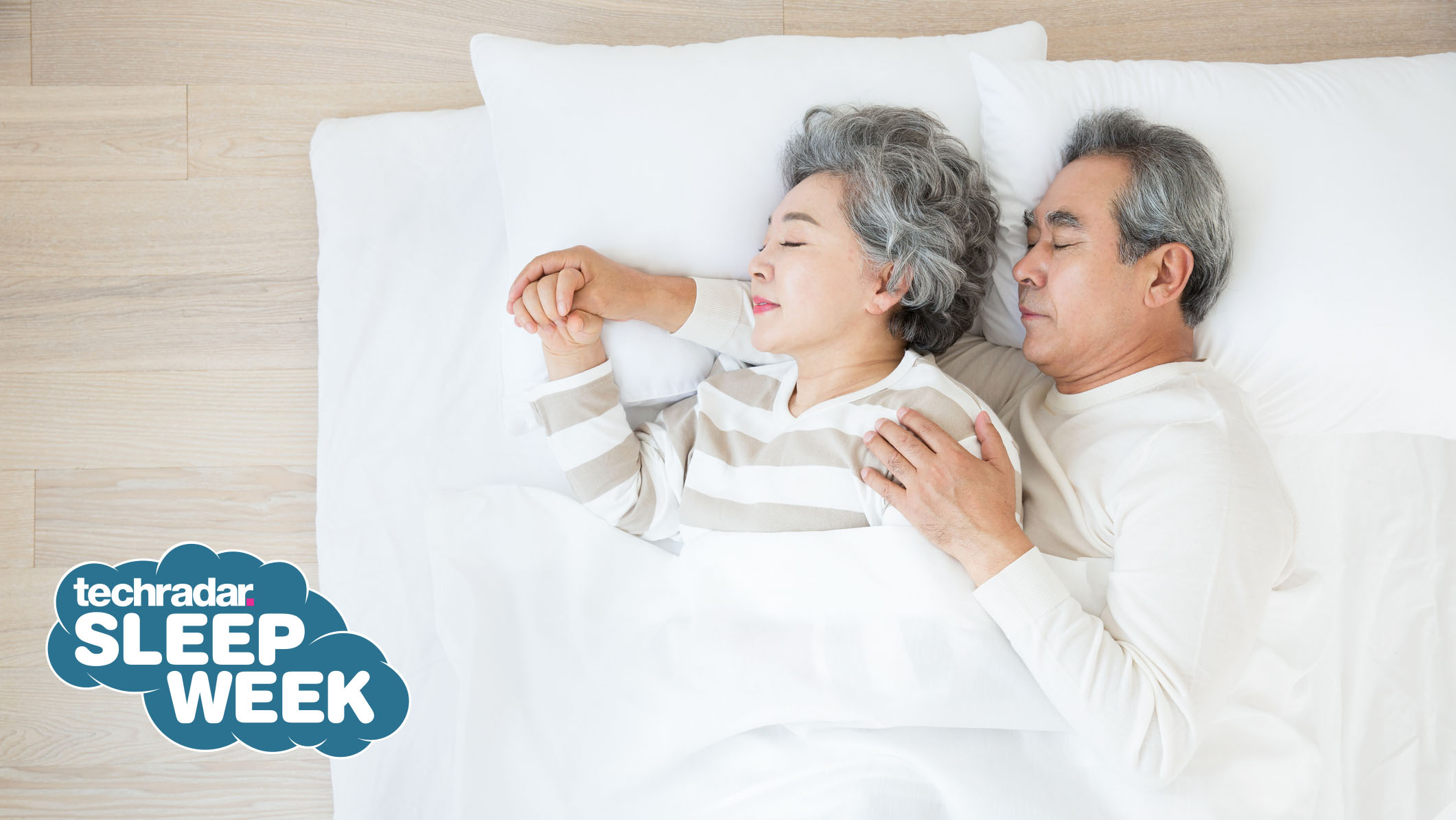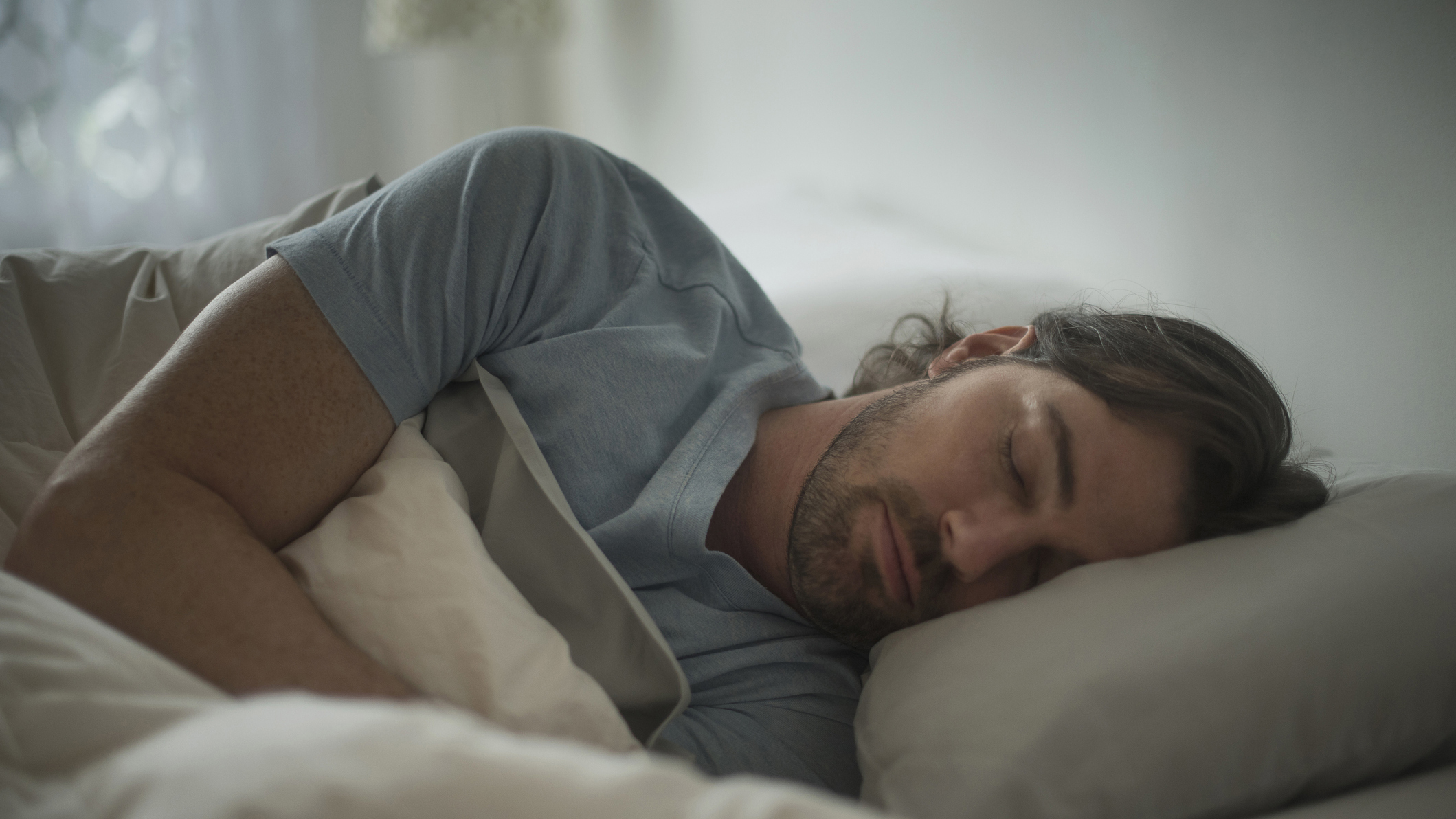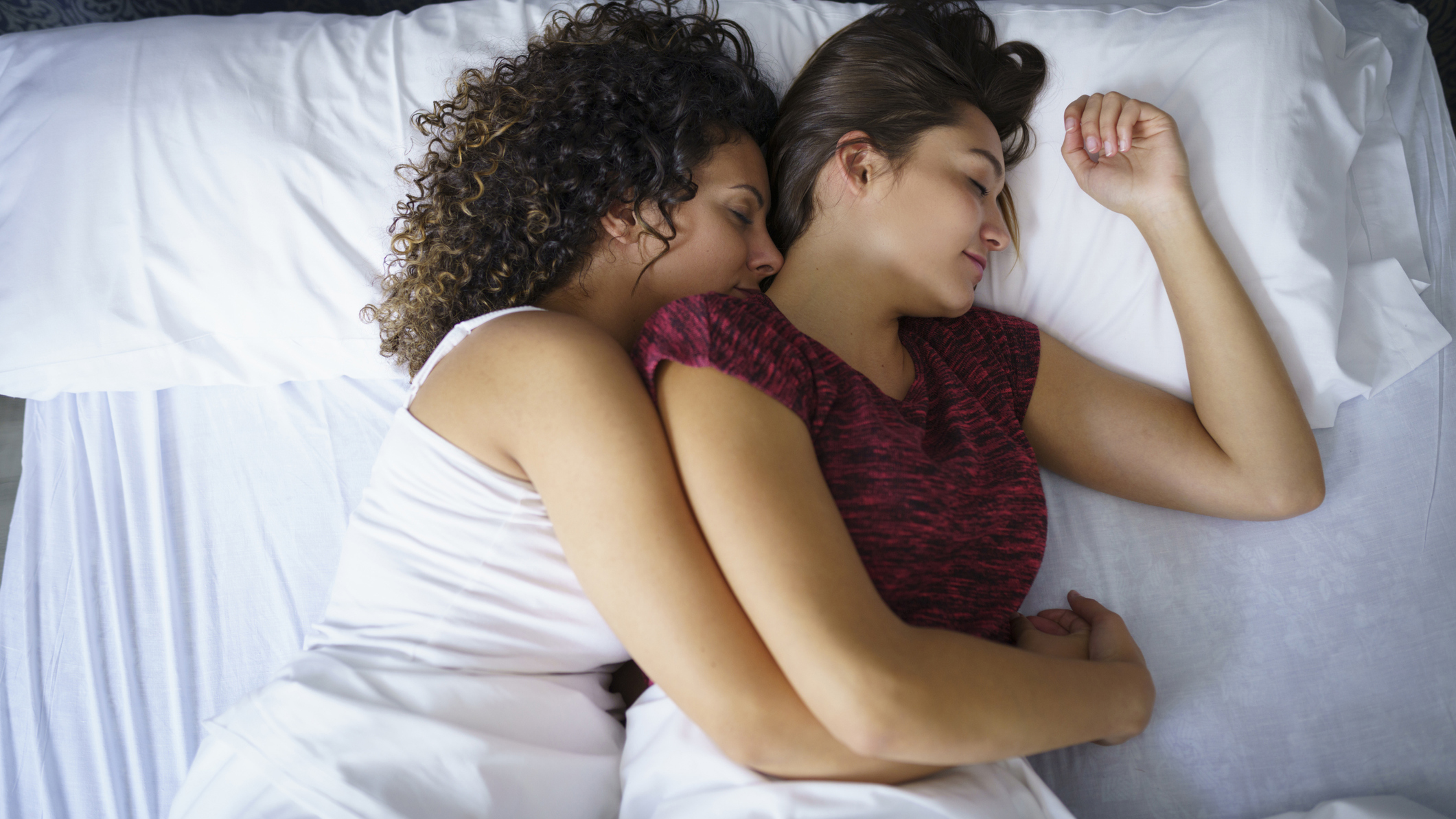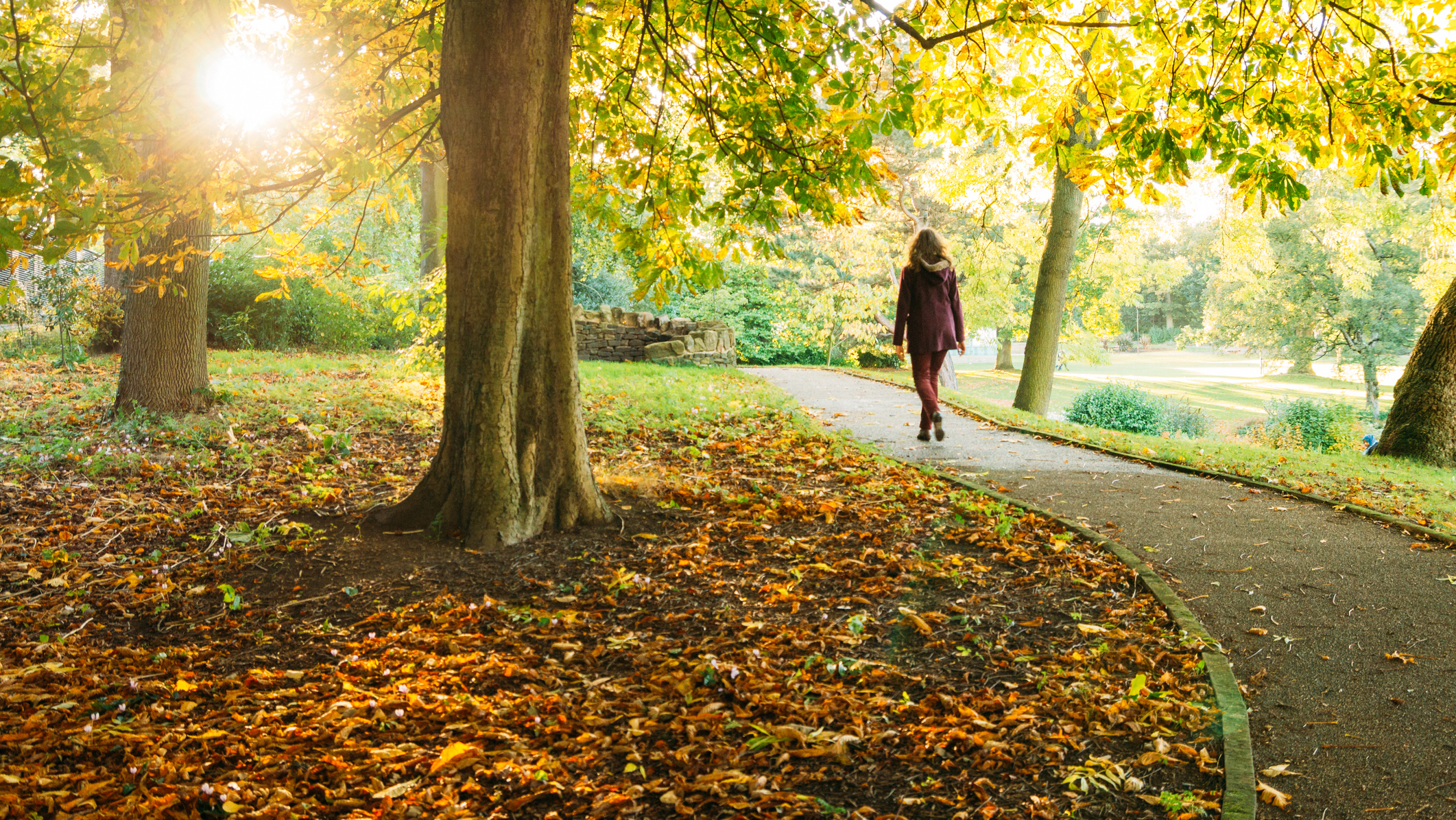How much sleep do you need? A neuroscientist crunches the numbers
This is how many hours of sleep you should aim for each night

Sign up for breaking news, reviews, opinion, top tech deals, and more.
You are now subscribed
Your newsletter sign-up was successful
How much sleep is enough? You might have heard that eight hours slumber a night is the optimal amount for every person, but in reality, how much sleep you need varies throughout your lifetime. Your age, health, daily activity levels and even your work can each impact how many hours of sleep you need.
To help you figure it out, we’ve looked at the research and have sought advice from Dr Lindsay Browning, a chartered psychologist, neuroscientist, author and sought-after sleep expert.
Read on now for answers to how much sleep do you need, and to boost your chances of getting those replenishing hours in bed.
- How to sleep better: 5 gadgets to tackle your biggest sleep problems
- Neuroscientist reveals the secret to better sleep — and it’s easy to use
How much sleep do you need by age?
The National Sleep Foundation’s guidelines are broken down by age, but these numbers are just recommendations; while your age is a good indicator of how much sleep you need, take your personal circumstances into consideration too.
| Age range | Recommended hours of sleep | Row 0 - Cell 2 |
| Newborns (0-3 months) | 14-17 hours | Row 1 - Cell 2 |
| Infants (4-11 months) | 12-15 hours | Row 2 - Cell 2 |
| Toddlers (1-2 years) | 11-14 hours | Row 3 - Cell 2 |
| Preschoolers (3-5 years) | 10-13 hours | Row 4 - Cell 2 |
| School-age children (6-13 years) | 9-11 hours | Row 5 - Cell 2 |
| Teenagers (14-17 years) | 8-10 hours | Row 6 - Cell 2 |
| Adults (18-64 years) | 7-9 hours | Row 7 - Cell 2 |
| Adults (aged 65+) | 7-8 hours | Row 8 - Cell 2 |
How much sleep do adults need?
The National Sleep Foundation recommends that most adults aged 18 to 64 should aim for seven to nine hours of sleep each night. This number decreases slightly for adults aged 65 and over, with a recommended seven to eight hours sleep per night.
However, age is not the only deciding factor here – people who are sick or have physically demanding jobs might need more than the recommended hours.

“When we’re asleep we produce antibodies, so If you’re ill you’re going to need more sleep,” explains Dr Lindsay Browning. “Throw the recommendations out of the window if you’re not well and sleep as much as you need.”
Sign up for breaking news, reviews, opinion, top tech deals, and more.
Equally, those who spend their days being physically active, either through work or other exercise, are also likely to need more kip. “The more physically active we are, the more we need to repair our bodies,” adds Dr Browning. “The sleep you get will be deeper and feel more restorative.”
How much sleep do teenagers need?
It’s no secret that teenagers can sleep like logs, but they’re not lazy – they’re simply doing what their bodies are instinctively telling them to do. The National Sleep Foundation recommends that teenagers aged 14-17 years need around eight to 10 hours of sleep per night.
Research has shown that teenagers need more sleep than adults to help support learning, memory, attention and cognition processing during these formative years. Their brains and bodies are maturing and developing rapidly, and sleep helps them boost their health, regulate their emotions and stay on top of their school work.
In addition, Dr Browning adds that teens might find their sleep affected by excessive intakes of caffeine and alcohol, which their bodies might not be used to processing.
Why do our sleep needs change with age?
We generally need less sleep as we get older because our bodies stop growing and our brains don’t process as much new information as they did when we were younger.
“When you sleep you produce a growth hormone and your body can physically grow,” Dr Browning explains. “So newborn babies will need tons more sleep than adults. As we get older we stop growing, so we don’t need as much sleep.

“Equally, when we’re learning new things, we need more sleep to process those learnings. For a baby, just moving its hand can be a new sensation, while children are learning language, maths, identifying things such as trees... Then when we get older, we generally know everything we need to already.”
Dr Browning adds that our sleep also becomes lighter as we age, meaning that we become easier to wake up. While it’s normal to wake up through the night, we’re more likely to remember these awakenings as we age, as they are likely to become longer and more frequent. (Dr Browning explains more in our feature on how to sleep through the night.)
“You think your sleep is suddenly of a really poor quality, but generally speaking, that’s simply not true; you’re just more aware of these breaks in your sleep,” she reveals.
How to get the sleep you need
First things first, Dr Browning suggests implementing some wind-down time before bed – just like you had as a child. “As adults, we’ll be doing complex work projects in the evening, watching exciting TV programmes, having an argument with our spouse and then expecting that we’ll just go to sleep instantly. Of course that doesn’t happen; it’s unreasonable,” says Dr Browning.
Light is also an important factor. The blue light emitted from screens tells your brain that it’s daytime, so limiting your use of devices near bedtime helps keep your body’s circadian rhythm in check. Decide when you need to go to bed, and start cutting down your device use several hours in advance.

Equally, make sure you’re exposed to adequate daylight. “As biological creatures, we’re designed to see sunshine during the day, so we should go outside at lunch to tell our brains it’s the middle of the day. Then, when evening comes, our brain can say, ‘OK, now we need to sleep’.” You might also enjoy using a wake up light on darker mornings.
Also consider your bedroom environment. “You shouldn’t use your bedroom for anything other than sleep and sex,” advises Dr Browning. “That way, your brain will associate your bedroom with rest – but we have to balance that with real life.”
Dr Browning recommends making sure your bedroom isn’t reminding you of things you haven’t finished, or your brain will be too distracted to sleep.
Finally, ensure you have the best mattress for your body and some comfy bedding. “Mattresses generally have a life span of seven to eight years,” says Dr Browning.
“After that, they’re probably not as supportive as they need to be and less comfortable, so your sleep won’t be as good. Try to wash your sheets weekly – just think of how lovely it is to get into freshly laundered linen.”
For the latest mattress savings, see our best Black Friday mattress deals guide. Not ready to upgrade? Then a good mattress topper can boost your in-bed comfort too.
Who devised these sleep guidelines?
The National Sleep Foundation published its official sleep guidelines in March 2015. They were devised by a multidisciplinary expert panel of 18 members, who represented 12 stakeholder organisations and six sleep experts. The panel analysed the findings of 312 scientific articles relating to sleep duration recommendations.
This article is part of TechRadar's Sleep Week 2021 (Sunday 31 October to Sunday 7 November) our in-depth look at sleep and how to snooze better. We've teamed up with experts in their field to bring you sleep techniques and tips to help you drift off easier, and have rounded-up the best sleep kit to transform your bedroom into a den of zen.
Read more:
- The best pillows for sleeping
- Saatva Black Friday mattress sale: early deals now live
- The best Nectar Black Friday sale offers for all budgets
Sarah is an award-winning freelance journalist covering sleep for TechRadar. As a long-suffering insomniac, she has written about sleep for many years, from features and product reviews to launching Stylist’s Sleep Diaries franchise. She has written for publications including The Times, The Guardian Weekend, The Independent, Woman & Home and more.
